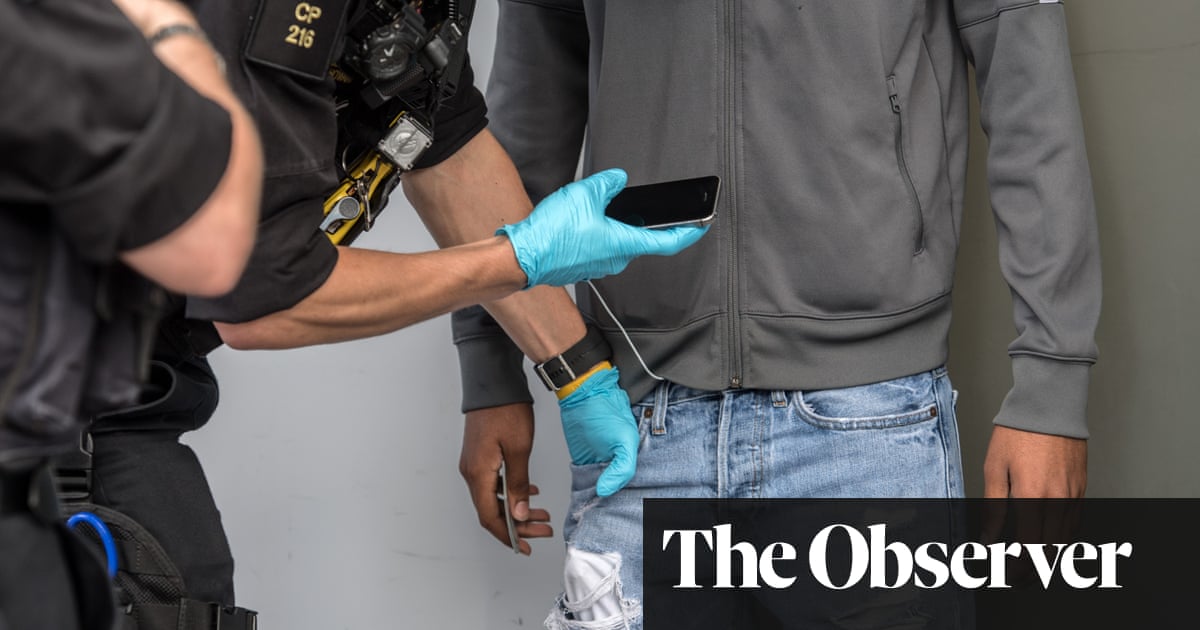
Museums and galleries in England and Wales will be given unprecedented powers to dispose of objects in their collections if there is a compelling moral obligation to do so, under a new law.
Alexander Herman, an expert in art law, said the museum sector did not appear to have realised that a provision of the Charities Act 2022, expected to come into force this autumn, could have “a significant impact for years to come” on restitution cases.
Statutes govern most national institutions restrict trustees’ powers to dispose of objects, with narrow exceptions such as duplicates. While the nationals have already engaged with moral questions over Nazi looted art and human remains, the new legislation could extend to other objects.
Herman said: “This means that trustees of national museums will soon be able to seek authorisation from the Charity Commission, attorney general or court to return collection objects if they are motivated by a moral obligation, and for low-valued objects they would be able to do so without authorisation.
“It will introduce into the legal requirements of trustees, especially of national institutions, the requirement to consider the moral claims of restitution claimants … It seems that the museum sector has not yet realised its full implications. I was surprised when we first uncovered it.”
Herman is director of the Institute of Art and Law, an educational organisation dedicated to the law relating to cultural heritage, and author of Restitution: the Return of Cultural Artefacts.
His report on the act’s new provision will appear in the institute’s quarterly law journal, Art Antiquity and Law, in October. On Tuesday, it stages a restitution seminar, when the act is likely to be discussed.
In an initial report, Herman writes of important changes to charity law, which is significant for the cultural sector because most museums operate as charities. “The most important of these changes relates to the ability of trustees to make transfers of charity property if compelled by a moral obligation,” he writes.
He explains that such transfers are known as ex gratia payments. Herman says: “An example might involve museum trustees agreeing to return a collection item to its country of origin. Under the current … Charities Act 2011, trustees can seek authorisation for such a decision from the Charity Commission.
“But the new act will allow trustees, of their own accord, to make ex gratia transfers of ‘low valued’ property … For higher valued property, the trustees will need authorisation from the Charity Commission, attorney general or court. But, critically, the new act will allow such authorisation to be obtained by trustees of statutory charities like national museums.”
Speaking to the Guardian, he said: “For the nationals, the kneejerk reaction has been: ‘We can’t do anything because of our act of parliament, the government needs to introduce new legislation.’ This then leads to the familiar catch-22 whereby government deflects the matter back to the trustees, claiming it has no intention of changing the act …
“The truth henceforth will be that they could indeed return objects from the collection without a change to the act provided there is a moral obligation supported by evidence, and the application is approved by the Charity Commission.”
He said the changes “align quite neatly” with a recent call by Tristram Hunt, the director of the Victoria and Albert Museum, for statutes governing national institutions to be revisited.
Herman wrote that the V&A’s trustees could transfer legal title to Turkey of the Eros Head, originally part of a sarcophagus in Sidamaria. “In 2022, it was transferred to the Istanbul National Museum for reattachment to the sarcophagus. Due to the restrictions under the National Heritage Act 1983, V&A trustees could not legally dispose of it as a collection object.
“It is often said that morality changes faster than the law. Here we have an example of the law playing catchup – or at least, very shortly, allowing decision-makers of national institutions to be guided by their moral sense of right and wrong, rather than be faced with a strict legal impediment, which banishes morality to the sidelines.”
One senior insider at a national museum said: “This is a very important development.”
While the V&A declined to comment, a British Museum spokesperson said: “The British Museum, like other national institutions, is an exempt charity established by statute. We are following the progress of the new Charities Act with interest.”












